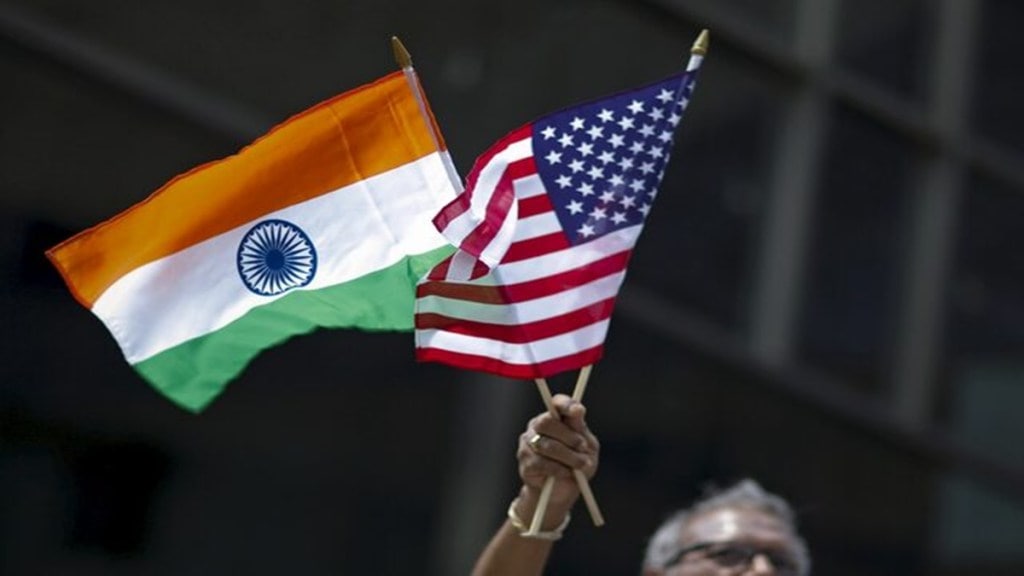Trade negotiations between India and the United States have run into serious roadblocks, according to a report by Reuters. Just weeks before the July 9 deadline for US President Donald Trump’s proposed 26 per cent reciprocal tariff to take effect, disagreements over import duties on steel, auto parts, and agricultural products have delayed progress on a trade deal.
Reuters reports that the US is demanding that India commit to lower import tariffs on farm goods such as soybeans and corn, as well as automobiles and alcoholic beverages. It also wants India to relax certain non-tariff barriers. Indian officials say these demands are proving difficult to meet without clear commitments from the US side.
India seeks tariff relief, US pushes for farm import cuts
India is pushing for a waiver from the upcoming 26 per cent reciprocal tariff and also wants the US to reduce existing tariffs on Indian steel and auto parts. However, American negotiators have not agreed to these demands so far, three Indian officials told Reuters.
“The US side first wants India to commit to deeper import tariff cuts on farm goods like soybeans and corn, cars and alcoholic beverages, along with easing of non-tariff barriers,” one official said.
Indian delegation to visit Washington before July 9
An Indian delegation is expected to travel to Washington before the July 9 deadline, but expectations for an immediate deal are now low. Talks may now shift toward working out a broader agreement instead of rushing an interim one.
Official says India not desperate to sign a deal
“We are keen, but not desperate to sign a deal before the July 9 deadline,” one official said. India has already offered to lower tariffs on products like almonds, pistachios, and walnuts. The country is also open to giving preferential treatment to US imports in sectors such as energy, automobiles, and defence.
Despite several rounds of talks, “there hasn’t been much progress,” another official noted. However, a breakthrough could still be possible if Prime Minister Narendra Modi and President Trump decide to intervene directly.
India stays focused on long-term ties
Even with the current impasse, Indian officials say they remain committed to building a strong, long-term trade partnership with the United States. At the same time, they emphasise the need to retain policy independence.
PM Modi and President Trump had agreed earlier this year to finalise the first phase of a trade pact by autumn 2025 and to expand bilateral trade to $500 billion by 2030. Current trade between the two countries stands at around $191 billion.
India can handle reciprocal tariffs: Official
“The ball is now in the US court. India is not for any win-lose trade partnership,” said Ram Singh, head of the Indian Institute of Foreign Trade, a government-funded think tank.
Even if the reciprocal tariffs take effect, India believes it can handle the impact. One official pointed out that Indian exporters still enjoy a tariff advantage over competitors like Vietnam and China.
In fact, India’s exports to the US rose to $17.25 billion in April-May this year, compared to $14.17 billion during the same period last year—suggesting that the US tariff hikes imposed in April have had only a limited impact so far.

